President Mirziyoyev urges constructive dialogue on Ukraine, Afghanistan, and Palestine
President of Uzbekistan Shavkat Mirziyoyev has expressed hope that the recently launched negotiation process concerning the situation around Ukraine will lead to a positive outcome. He made these remarks at the 150th Assembly of the Inter-Parliamentary Union held in Tashkent.
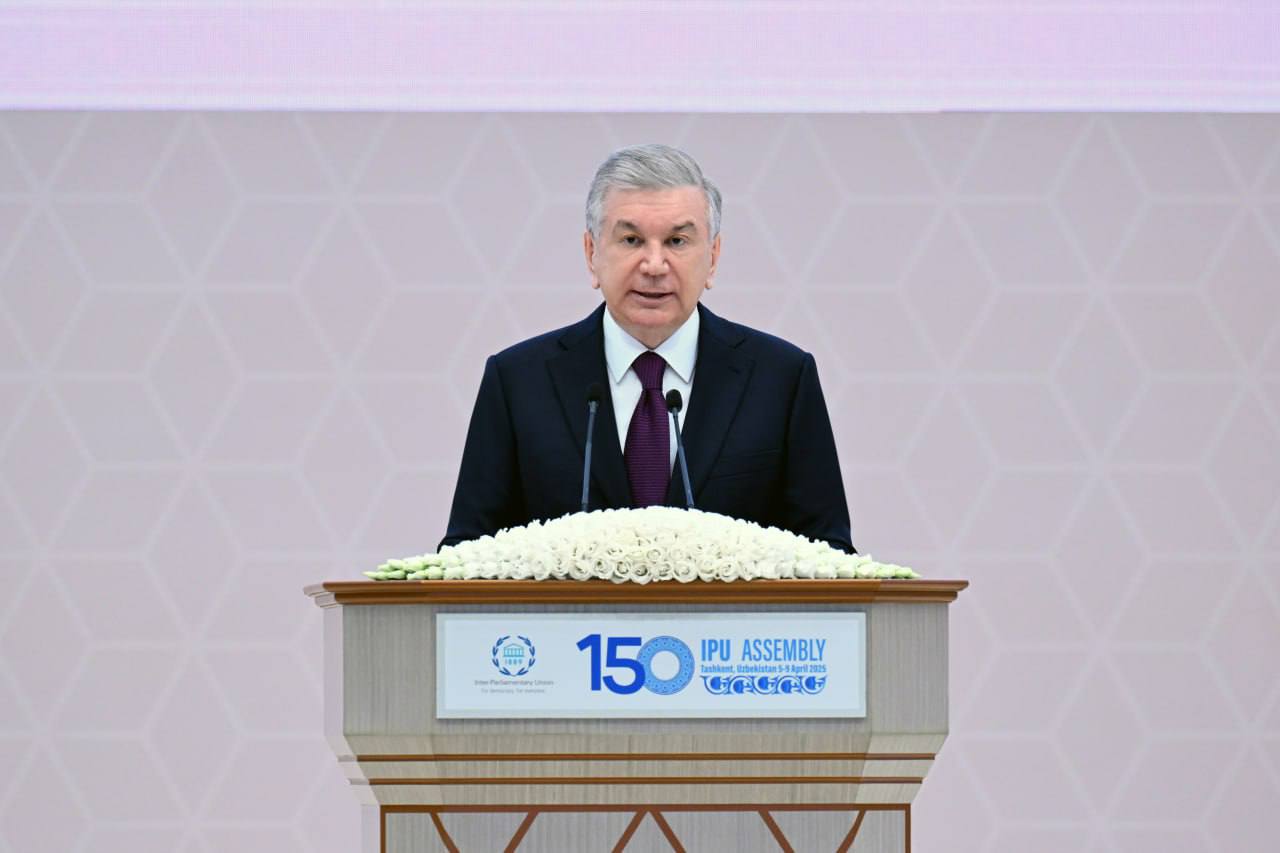
Photo: Presidential Press Service
He emphasized that conflicts in various regions of the world pose serious threats to both global and regional peace and security.
The president reiterated that Uzbekistan firmly supports the resolution of all conflicts and disputes solely through diplomacy and peaceful dialogue.
“We hope that the ongoing negotiation process regarding the situation around Ukraine will undoubtedly produce a positive result. We believe it is crucial to address the most pressing global issues based on universally recognized principles of international law, as well as the Charter and resolutions of the United Nations,” Mirziyoyev stated.
Speaking on the Israeli-Palestinian conflict, he underscored that the only fair and viable solution lies in the implementation of the “two states for two peoples” principle.
“We must also not forget about our neighbors — Afghanistan. We believe it is important to avoid isolating this country on the international stage, to establish constructive dialogue with the current authorities, and to view Afghanistan as an integral part of the Central Asian region with untapped potential. In this regard, we count on the support of parliaments,” the President added.
Shavkat Mirziyoyev also expressed his full support for UN Secretary-General António Guterres’s efforts to undertake a deep reform of the United Nations and enhance its effectiveness.
Related News
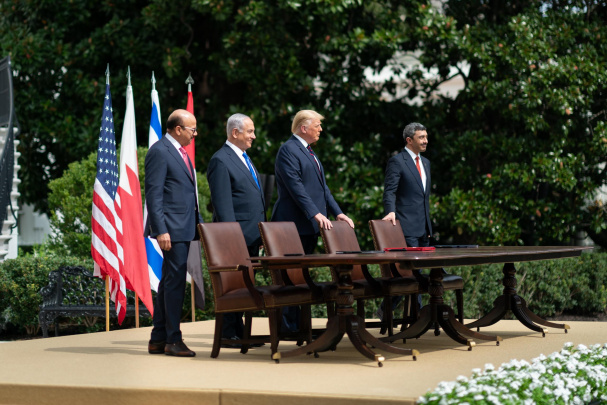
18:48 / 02.08.2025
Trump administration pushes Azerbaijan and Central Asia toward Abraham Accords, Uzbekistan’s Foreign Ministry responds
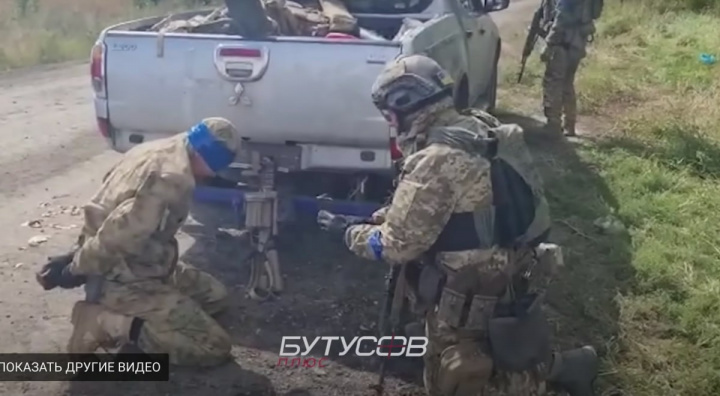
16:17 / 31.07.2025
“Uzbek nationals make up the largest group of foreign prisoners of war in Ukraine” – Report
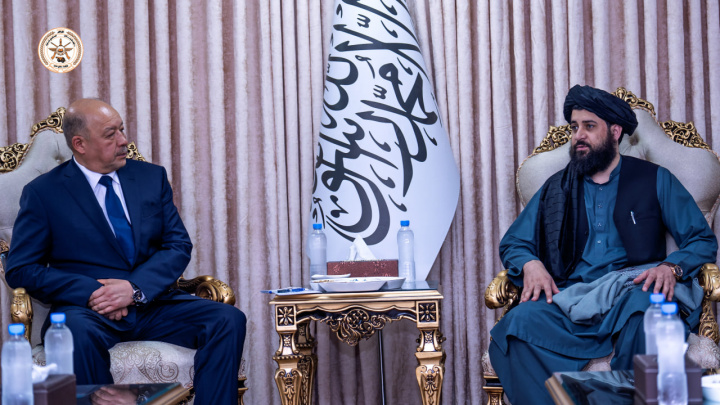
12:40 / 23.07.2025
Uzbekistan’s State Security Service chief meets Taliban Defense Minister in Kabul
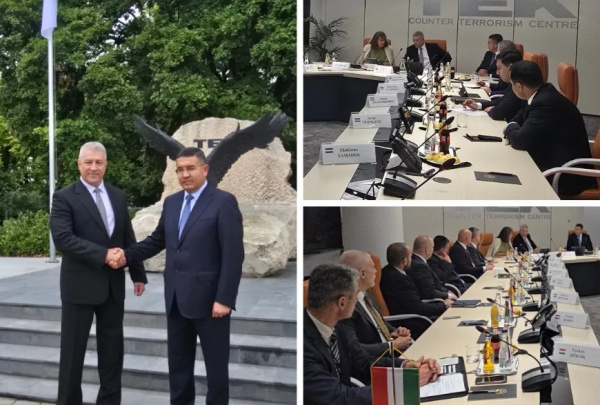
20:57 / 22.07.2025



